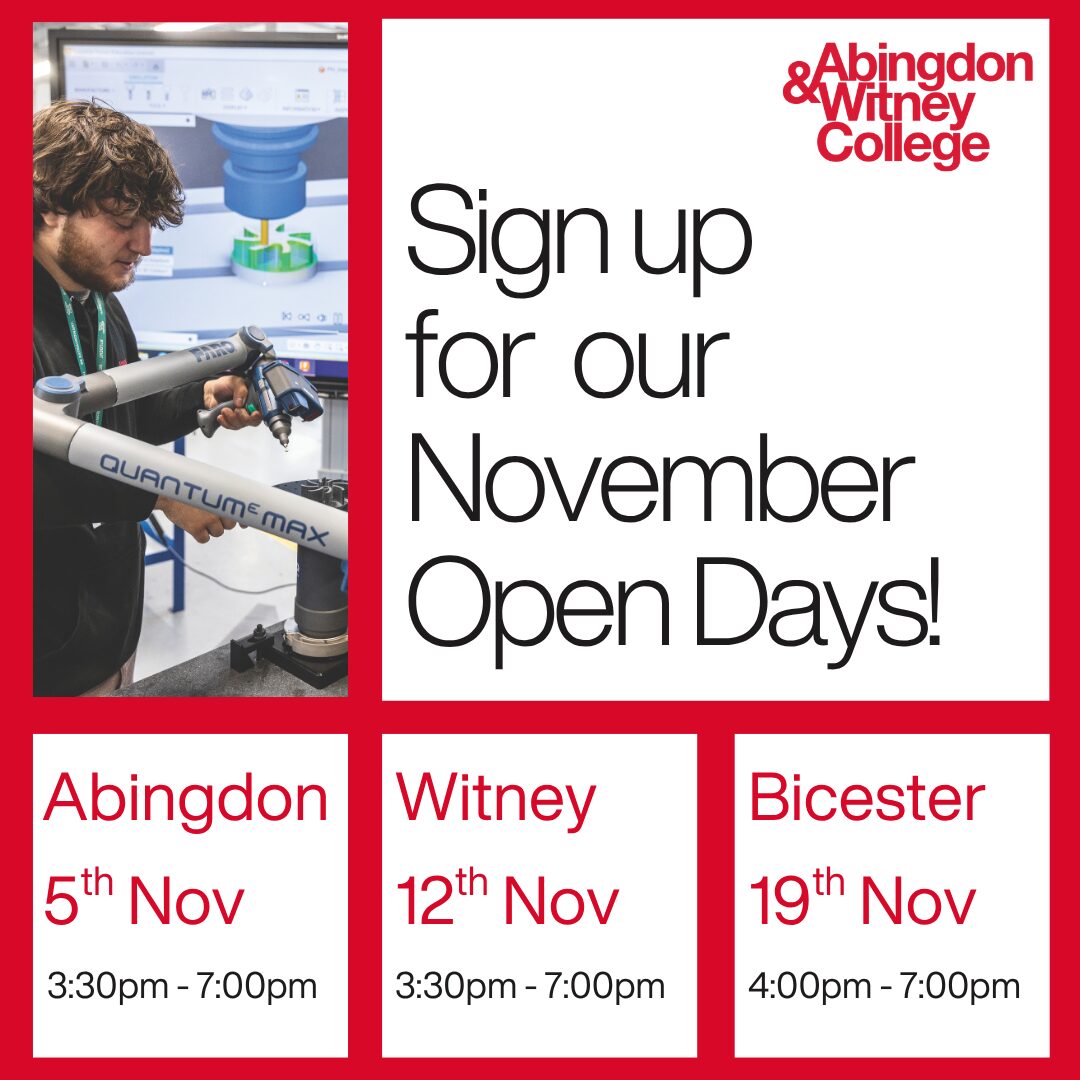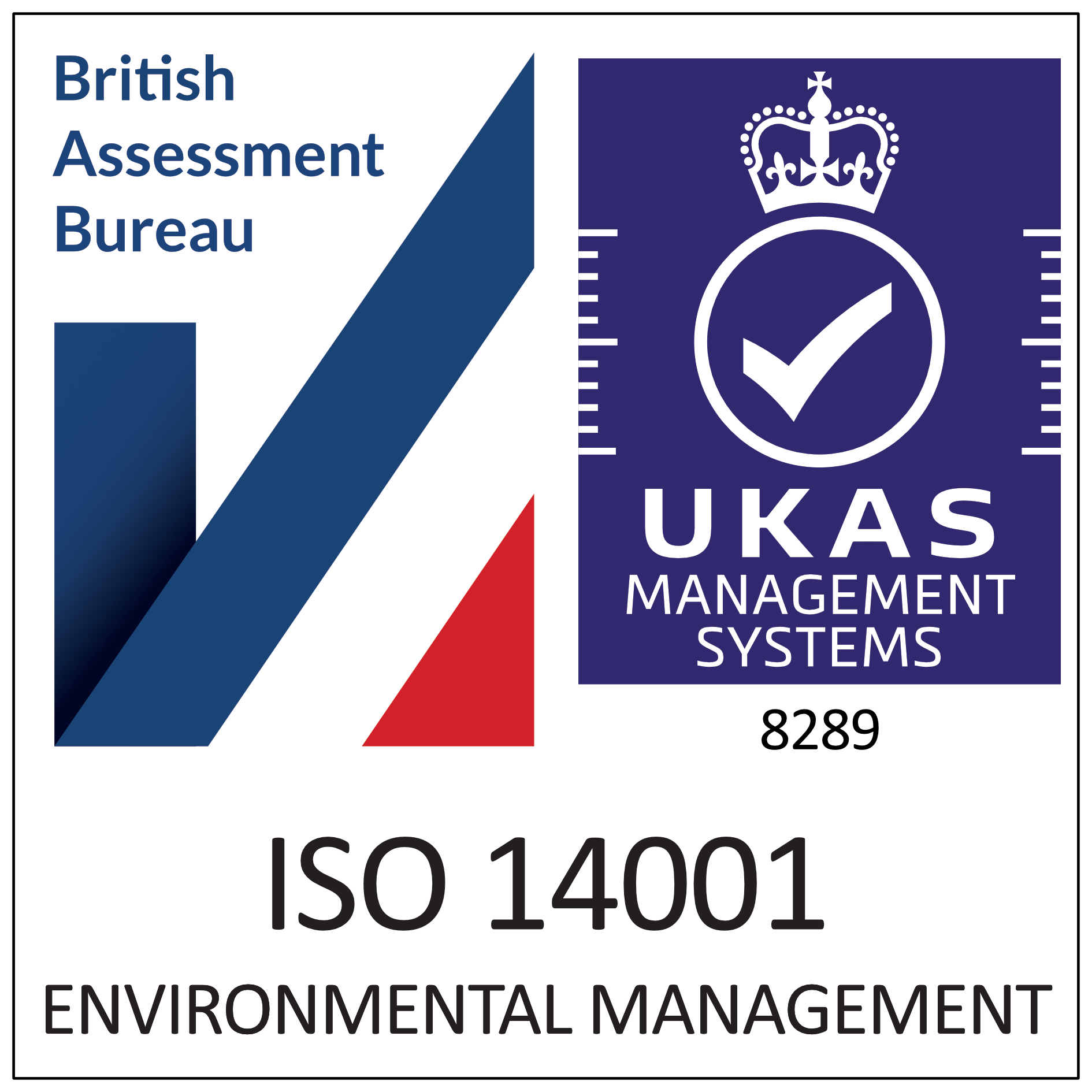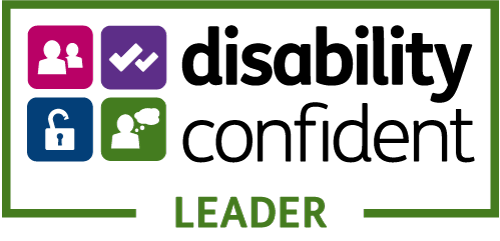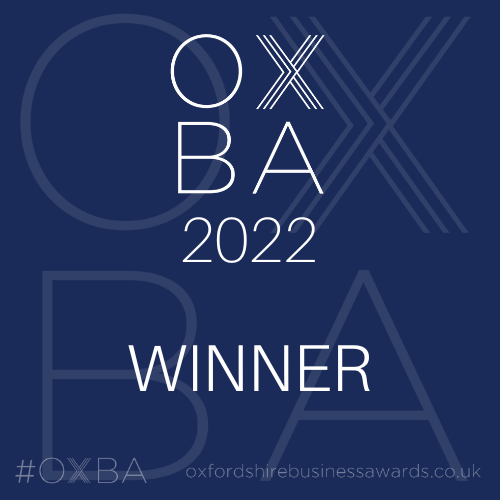
Our November Open Days are now live!

Our November Open Days are now live!
Search our website for news, courses, and general information
Course code: P09803
Subject area: Early Years
Study level: School Leaver
Course level: 3
Course time:
09:00 - 17:00
Days of week:
Monday to Friday
Course date:
8th Sept 2025 - 2nd Jul 2027
Course location:
Abingdon CampusThis is a great opportunity for you to work alongside professionals, become part of the team and put theory into practice. It lets you find out if this is the career of your dreams. If your intended next steps are Higher Education, then Oxford Brookes University are guaranteeing an interview for our T-Level graduating students, providing they meet the conditions outlined in their prospectus.
The course is made up of a core unit and the Early Years specialism. We are offering the specialist route of Early Education and Childcare (ages birth to 5). What you learn in the classroom you will be able to put into practice in placement.
If you want to become a Primary Teacher, Teaching Assistant or Nursery Practitioner, then this is the course for you!
- Education context: an overview of childcare and education 0-19; working in the sector, roles and responsibilities plus career opportunities.
- Child development: expected patterns of development from 0-19 including language, social interaction, wellbeing, transitions and significant events.
- Supporting education: different key stages, skills and characteristics that support education, pedagogical approaches, the role of metacognition, using technology and factors affecting development of literacy and mathematics.
- Safeguarding, health and wellbeing: statutory guidance, legal requirements, children at risk and in need, signs of danger or abuse and impacts.
- Behaviour: the stages of development and factors that impact behaviour and therefore the implications for managing behaviour
- Observation and assessment: purposes and importance of assessment.
- Equality and diversity: legislation, regulation and codes of practice.
- Special educational needs and disability (SEND): principles of inclusion, relevant laws, codes of practice and professionals/organisations
- English as an Additional Language (EAL): stages of acquiring language and factors affecting it, strategies to support those learning EAL
- Parents, families and carers: working effectively with these people.
- Working with others: agencies and services that support children, families and carers, developing professional boundaries and relationships.
- Reflective practice: current priorities and debates in education, continuing professional development, development feedback and strategies.
Specialist Units
Students will complete at least one module of occupation-specific content depending on the capacity of the local learning provider. This part of the T Level ensures students develop the knowledge and skills for specific occupations.
Progression to Higher Education programmes e.g. teaching, early childhood studies, education, nannying and social work degrees.
Employment: nurseries, primary schools, family homes and holiday rep.
Students with childcare work experience have often walked straight into jobs at nurseries they love or become teaching assistants in school. For those of you wanting to travel, students have also had experiences of Camp America, Ski A Season, Mark Warner or Disney Cruise ships!
As part of your course we may organise trips to assist you with your learning. Trips are optional, and you will not be penalised if you choose not to participate.
There are bursaries available to help you with other course costs. Call 01235 216 212 for more information.
The rules on fee reduction are complicated and we would encourage you to talk to our Admissions staff on 01235 216 400 to discuss your options. You can find more information on our Fees and Bursaries page - search "Fees and Bursaries" at the top of the page.
£0.00
The specialism will be assessed by three assessments. This includes observation in placement that is carried out over the course. There will also be practical activities like planning activities for children and observing children in placement.








